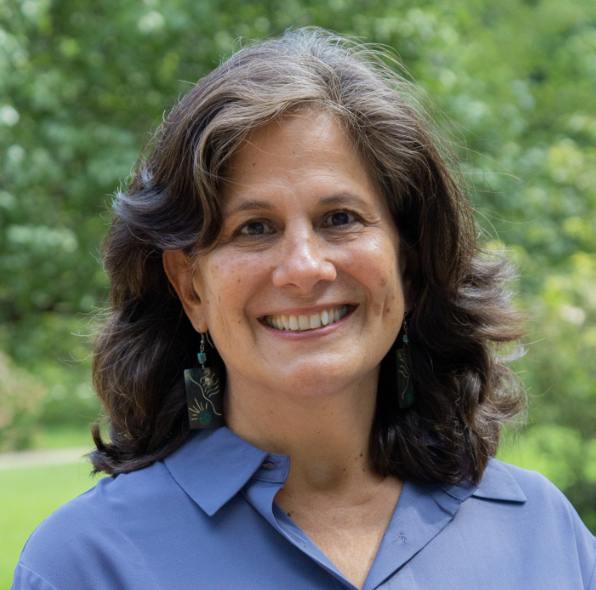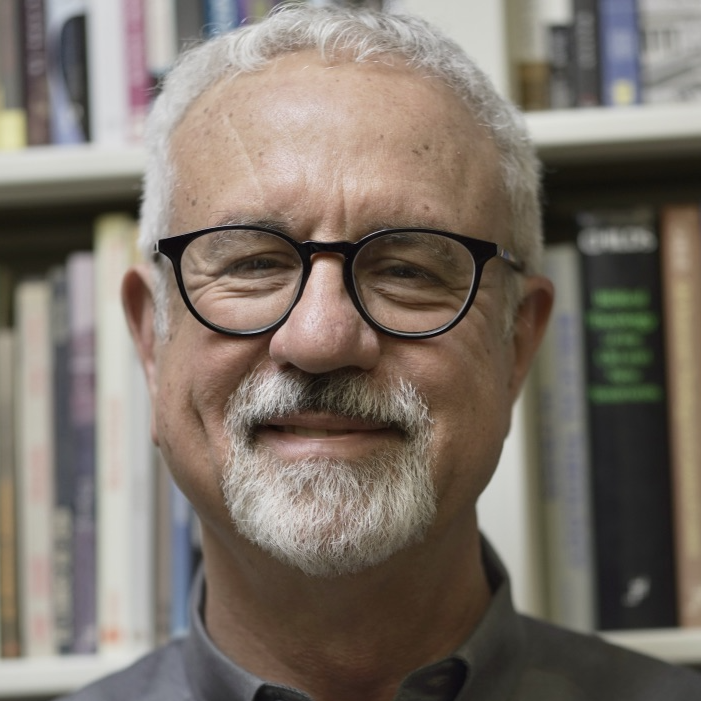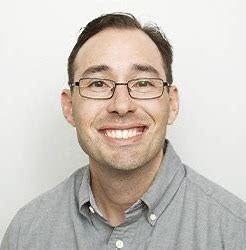Book Giveaway
Sponsored by Baker Academic
Enter to win a free copy of Reading the Bible Latinamente by retweeting our Twitter post about the giveaway. Find us on Twitter at @everyvoicekd.
About Reading the Bible Latinamente
An interview with Danny Carroll
EV: What led you to edit this book? What problem or issue(s) are you seeking to address?
DC: There have not been many evangelical Latino/a biblical studies published by prominent national evangelical publishing houses. Therefore, many who seek to understand the perspectives and contributions to reading the Bible from Latino/a communities turn, sometimes by default, to the abundant available resources from
other voices on the theological spectrum. This is especially true in academic circles, even though Latino/a evangelical churches overwhelmingly represent our non-Catholic religious communities. In the academy, this lack of evangelical perspectives can project an inadequate picture of how the Bible speaks to our communities and is used in our communities.
EV: What is the thesis of your book?
DC: What we try to demonstrate in the book is that the Scriptures, both Old and New Testament, are relevant to our churches, whether churches of recently arrived immigrants and their children or those of second and third generation Latinos and Latinas. The particular lens through which we can read the Scriptures is discussed in the first two chapters. It is clear to those who attend our churches that many believers have never thought of how their immigrant experience and heritage might impact their reading of the Bible. Our hope is that this book might stimulate more Bible readings from that perspective, for the sake of Latino/a churches as well as for those from other communities who could learn much from Latinos/as.
EV: Who’s your target audience, and what are you most hoping they hear from it?
DC: Actually, there are several target audiences. The first are the Latino/a churches and Bible institutes. The book is deliberately not technical, so that it might be useful to a wide demographic. Second, the hope is that the book can demonstrate to Latino and Latina university and seminary students that it is possible to read the Bible for our communities as evangelicals. Sadly, many young people have not had models that wed evangelical faith and committed contextual readings, so they have turned elsewhere to have that need met or simply have left the Christian faith altogether. One final comment: the three of us come from different Latino/a backgrounds and church traditions. This truly is a project en conjunto and en comunidad. We hope that this variety will help broaden the appeal of the book.
EV: Did you have any “aha” moments while writing the book?
DC: There were too many “aha” moments to count. The more we wrote, the more our souls were fed and the more we saw the potential for how God could use this book to benefit Latino/a believers and anyone willing to listen to the voices of three scholars with diverse academic and ecclesial experiences ministering to Latinos/as in North America.
EV: What was the most challenging part of the book to write?
DC: Christian colleges and seminaries have often taught us to detach ourselves from the interpretation of Scripture, as if we were scientists working in a laboratory. While Greek and Hebrew lexicons, books on syntax and grammar, and critical apparatuses are essential for understanding the meaning of texts, we should not ignore the fact that we read Scripture as people from certain cultures and backgrounds. Our challenge, then, was to allow our full selves to aid our understanding of how the Bible speaks to the realities of Latino/a believers in North America, while not denying the benefit of standard interpretive tools and methodologies. After all, we do not have to reject our God-given experiences and upbringings as we employ helpful instruments and approaches for reading Scripture.
EV: If your book was made into a movie, what actor/actress would play the lead role?
DC: It would be Edward James Olmos’s role as Jaime Escalante in Stand and Deliver. Based on a true story, Olmos portrays Escalante as an early 1980s mathematics teacher in Los Angeles, who encourages his predominantly Latino/a students to achieve more than what society has expected of them. Like Olmos’s character, we believe that Latinos and Latinas have many untapped gifts and talents. We hope that our book will encourage Latino/a believers to be blessings in the various North American contexts in which they reside, knowing that they are indwelled with the Spirit of God who empowers them for kingdom service.
EV: What kind of seminary/church classes should assign your book?
DC: Our book will benefit introductory hermeneutics courses at the college and seminary levels that are interested in learning about how our backgrounds enable us to arrive at faithful readings of Scripture that speak to the daily struggles of marginalized communities, what Latino/a believers call lo cotidiano. The book will also benefit lay-level church courses that are interested in knowing about how our cultures and experiences aid our interpretation and application of Scripture.
About the Authors



Ruth Padilla DeBorst (PhD, Boston University) is Richard C. Oudersluys Associate Professor of World Christianity at Western Seminary.
M. Daniel Carroll R. (PhD, University of Sheffield) is Scripture Press Ministries Professor of Biblical Studies and Pedagogy at Wheaton College.
Miguel Echevarría (PhD, The Southern Baptist Theological Seminary) is Associate Professor of New Testament and Greek at Southeastern Baptist Theological Seminary.

